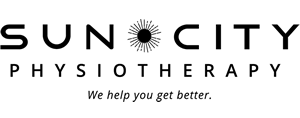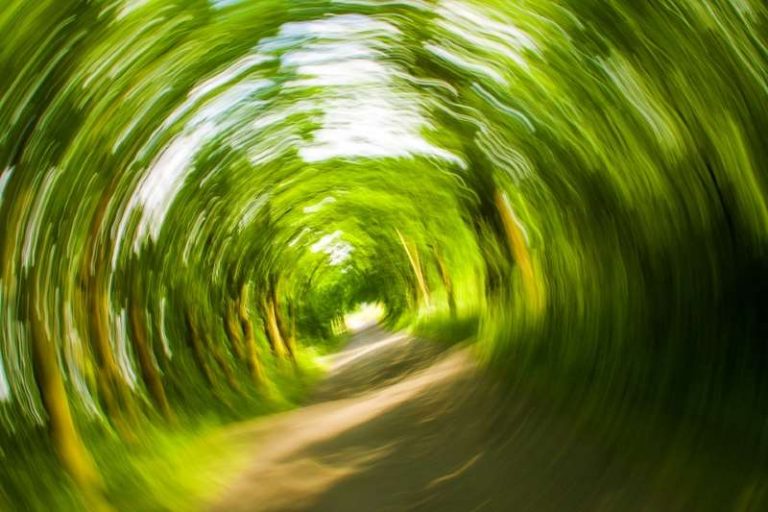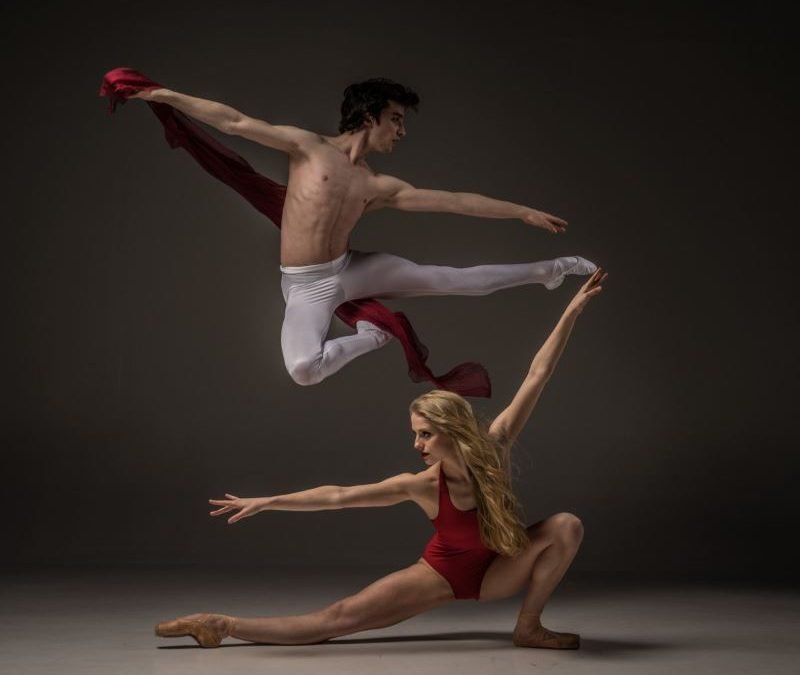
Vertigo, Inner Ear & Dizziness
Vertigo, Inner Ear & Dizziness
Vestibular Rehabilitation’ is an area of focus in my physiotherapy practise – I am often asked what exactly that means. The vestibular system (involving your inner ear) is responsible for sense of movement, body orientation and balance. The vestibular system (along with our eyes, muscles, and joints) send constant feedback to our brain about our body’s movement and orientation.
Dysfunctions, disorders, trauma or viruses that affect the inner ear can be a potential cause of vertigo, dizziness, decreased balance, tinnitus (ringing in the ears) or a change in hearing. As a vestibular therapist I can assess the potential causes of the mentioned symptoms and provide treatment to help decrease dizziness, vertigo and improve balance.
Dizziness is the umbrella term that refers to a sensation of abnormal, unwanted, movement – a feeling of unsteadiness, lightheaded or feeling ‘off’. Vertigo is a more specific term and implies that there is a rotational component to your dizziness – either the room is spinning around you or you are spinning in the room. Both vertigo and dizziness are symptoms, not a diagnosis, so part of my job is to figure out the possible cause and provide treatment.
One of the most common conditions within the inner ear that I treat is a condition called BPPV – benign paroxysmal positional vertigo. BPPV is caused by a crystal that is free floating within the inner ear. The signs and symptoms are pretty easy to recognize (vertigo brought on when lying flat, rolling in bed, looking up to the ceiling or bending forward). Treatment for BPPV is also quite effective.
It is also important to recognize that not all causes of vertigo or dizziness are associated with problems in the inner ear. Cardiovascular (heart) disorders, thyroid conditions, anxiety, migraines, neck disorders/injuries and neurological conditions are all potential causes.

Robina Palmer is a registered Physiotherapist and co-owner of Sun City Physiotherapy.
Robina is a graduate of University of British Columbia’s School of Rehabilitation Medicine. She has practiced in sports and orthopaedic rehabilitation in various clinical settings throughout the United States and Canada.


